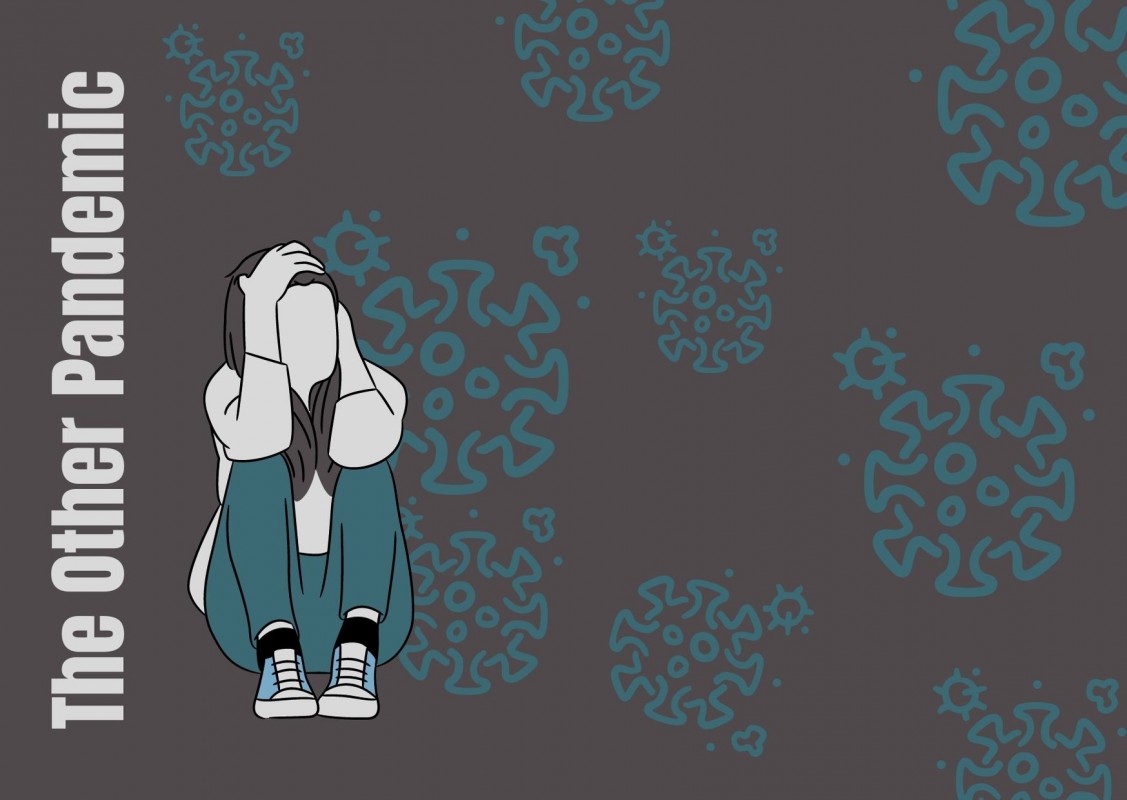After trying to unilaterally ban cannabis edibles in South Africa, and having this decision reversed by the President in late March, Minister of Health Aaron Motsoaledi has vowed he will ensure that edibles are banned in the future.
On 7 March, Motsoaledi published new regulation related to the sale, importation or manufacturing of foodstuffs containing hemp and cannabis under the Foodstuffs, Cosmetics and Disinfectants Act. This effort would essentially ban the sale of any food products that contain cannabis – whether it’s psychoactive THC or hemp-derived products.
However, following uproar from the hemp and cannabis industry, the Presidency issued a statement on 26 March citing the withdrawal of the ban, calling on the Minister to consult broadly before publishing the revised regulations.
Why were edibles banned?
According to Dr. Motsoaledi, the reasoning behind his one-sided push to criminalise cannabis-containing edibles was to keep children safe from accidental ingestion of edibles. In an interview earlier in April with the state broadcaster, the Minister said his reasoning was justified by research conducted published by the American Academy of Paediatrics, which showed that cannabis can have a dangerous effect on the brains of young people.
The Minister also cited that cannabis shops selling edibles were being imported from abroad, rather than nationally produced. This supposedly gave Motsoaledi the power to issue a unilateral change to the Foodstuffs Act; there is, however, no evidence that there is a national trend of internationally cannabis imported products displacing local South African cannabis edible markets.
Motsoaledi added that shops were selling cannabis-dosed confectionaries like chocolates, lollipops and sweetened popcorn to minors, causing them to hallucinate and behave strangely.
Speaking to TalkingDrugs, Trenton Birch, a cannabis and hemp expert, condemned the Minister’s approach to cannabis control.
“There is absolutely no scientific evidence, no engagement with industry to get feedback, it was completely rogue. It was an unconstitutional decision without following due process, it had no legal recourse and made no sense,” said Birch.
Unreasonable ban
According to Cavanagh & Richards Attorneys, a legal firm working in cannabis law, while the Minister’s concerns with youth health are well-intentioned, banning all cannabis-derived products – with no differentiation between those with high-THC or THC-free – would make the ban disproportionate and unreasonable.
“A more balanced approach, such as implementing THC concentration limits and stringent labelling requirements, would better align with constitutional principles, international standards, and the interests of stakeholders,” they said.
Future of cannabis edibles in South Africa
In 2018, the Constitutional Court made a historic ruling allowing for the cultivation, possession and purchase of cannabis. This later culminated in legislation in 2024 legalising the private use, possession, and cultivation of cannabis.
Earlier this year, during the State of the Nation Address on the 6th of February, President Cyril Ramaphosa said he wanted South Africa to lead in the commercial production of hemp and cannabis.
Though questions have been raised on the potential effects of cannabis, particularly on young people, there are social and economic benefits that could come from the responsible regulation of cannabis and hemp.
According to the South African Medical Research Council (SAMRC), products containing hemp seeds can be used to make flour and oils rich in essential fatty acids and proteins. They added that edible products could also be less harmful, given that oral ingestion decreases the risk of infections like pneumonia and bronchitis which are exacerbated by smoking cannabis.
“Essentially the Minister of Health is saying that the only way to consume cannabis is to smoke it if you ban edibles,” said Birch.
Cavanagh & Richards had commented that a “blanket ban may place the jurisdiction at odds with global trends and trade practices, potentially affecting international trade relations,” and that if an amendment to cannabis products was truly desired, then a proper consultation would be needed to examine all the available evidence.
What would be the industry impact of an edible ban?
During the interview on SABC, the Minister clearly showed that he was against the recreational use of cannabis and hemp products, but was more interested in the industrial and medicinal use.
Furthermore, Birch said there was need for proper legislation to ensure the proper manufacturing and selling of cannabis as well as hemp products. He also called for those selling cannabis edibles in South Africa to conduct their due diligence on products to ensure they comply with legislation and are not vulnerable to attacks by those wishing to end cannabis regulation.
Myrtle Clarke, co-founder of Fields of Green for All, a nonprofit cannabis and hemp organisation, said the ban of edibles came as a result of media hype around children and dagga cookies.
“Cannabis always makes headlines and if the article is about dagga cookies and children, it is sure to garner the clicks. We sincerely hope that they will heed the advice of experts as civil society is frustrated and exhausted with the slow pace, endless promises and proliferation of misinformation out there. The only thing we need is evidence-based legal regulation,” said Clarke.
According to Katlego Kgopotse, chairperson of the South African Cannabis and Hemp Industry Development Association (SACHIDA), they are encouraged by the Minister’s commitment to industry consultation, and were keen to work with the Ministry of Health and other relevant government departments to ensure cannabis products were properly produced and monitored.
It’s now yet to be seen on how the government will move forward in balancing between creating a legal framework for the sale of edibles and ensuring that young people are not adversely affected.


